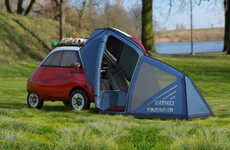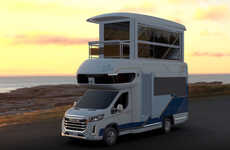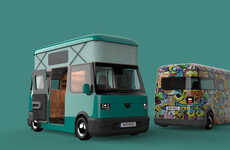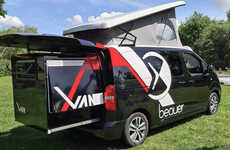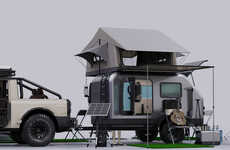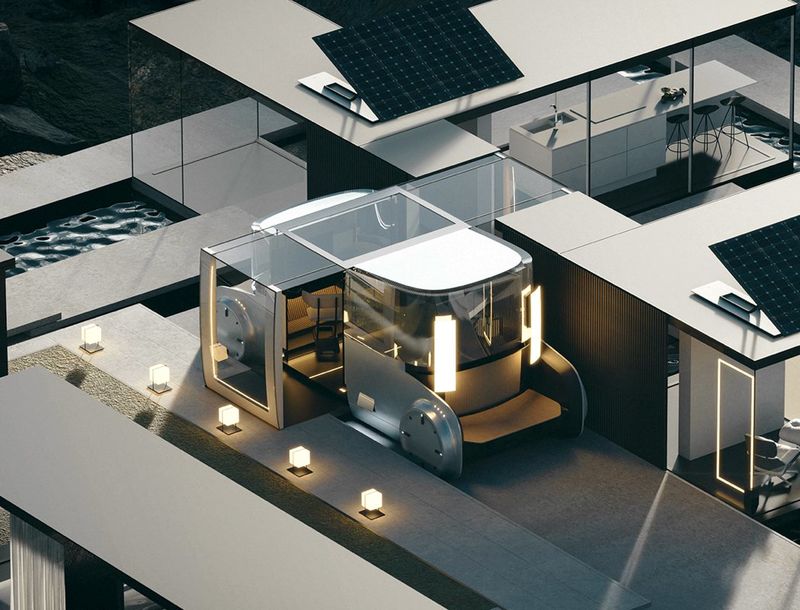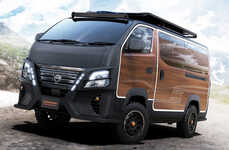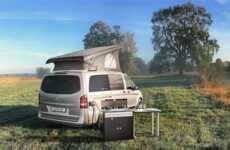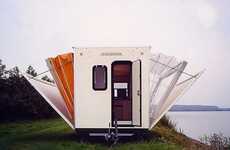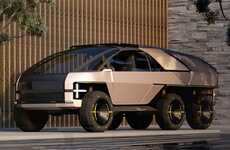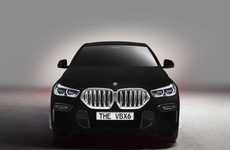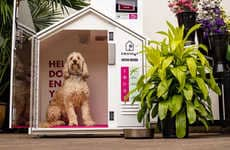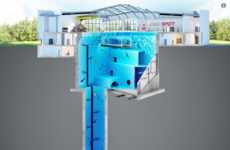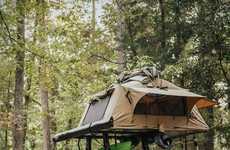
This Conceptual Countryside Camper Imagines the Year 2030
Michael Hemsworth — August 22, 2019 — Autos
References: yankodesign
The concept of the conventional home is changing as generations like Millennials seek out an alternative, which is evident with the conceptual countryside camper seen here that imagines a different living style in 2030. Designed by Jude Fan, the vehicle feature a modular interior that can change up to suit the needs of individuals, couples or even families. If inhabitants require more space and an increased sense of permanency, the vehicle can be parked in a specialized home space and have the side panels opened to reveal an increased living space that's perfect for families.
The concept behind the countryside camper was explained by Fan to Yanko Design: "My thesis project is about living in the countryside in 2030. The first and second industrial revolutions brought people to the city. Nowadays, living in a big city might be stressful due to bad air quality, high living cost and traffic jam. With the help of the third technology revolution, I believe there might be a chance for us to live a modern, connected life in the countryside again."
The concept behind the countryside camper was explained by Fan to Yanko Design: "My thesis project is about living in the countryside in 2030. The first and second industrial revolutions brought people to the city. Nowadays, living in a big city might be stressful due to bad air quality, high living cost and traffic jam. With the help of the third technology revolution, I believe there might be a chance for us to live a modern, connected life in the countryside again."
Trend Themes
1. Modular Interior Design - Creating interior spaces that can be easily modified and adapted to suit changing needs presents disruptive innovation opportunities.
2. Alternative Living Styles - Exploring alternative, more mobile and flexible living arrangements can lead to disruptive innovations in the housing industry.
3. Smart Countryside Living - Leveraging advancements in technology to create modern, connected living experiences in rural areas presents disruptive innovation opportunities.
Industry Implications
1. Interior Design - Incorporating modular design principles into interior spaces can revolutionize the way homes and living spaces are constructed.
2. Housing - Developing alternative, customizable living solutions can disrupt traditional housing models and cater to changing consumer preferences.
3. Smart Technology - Integrating smart technologies into rural living environments can transform the way people experience and interact with their surroundings.
6.6
Score
Popularity
Activity
Freshness

